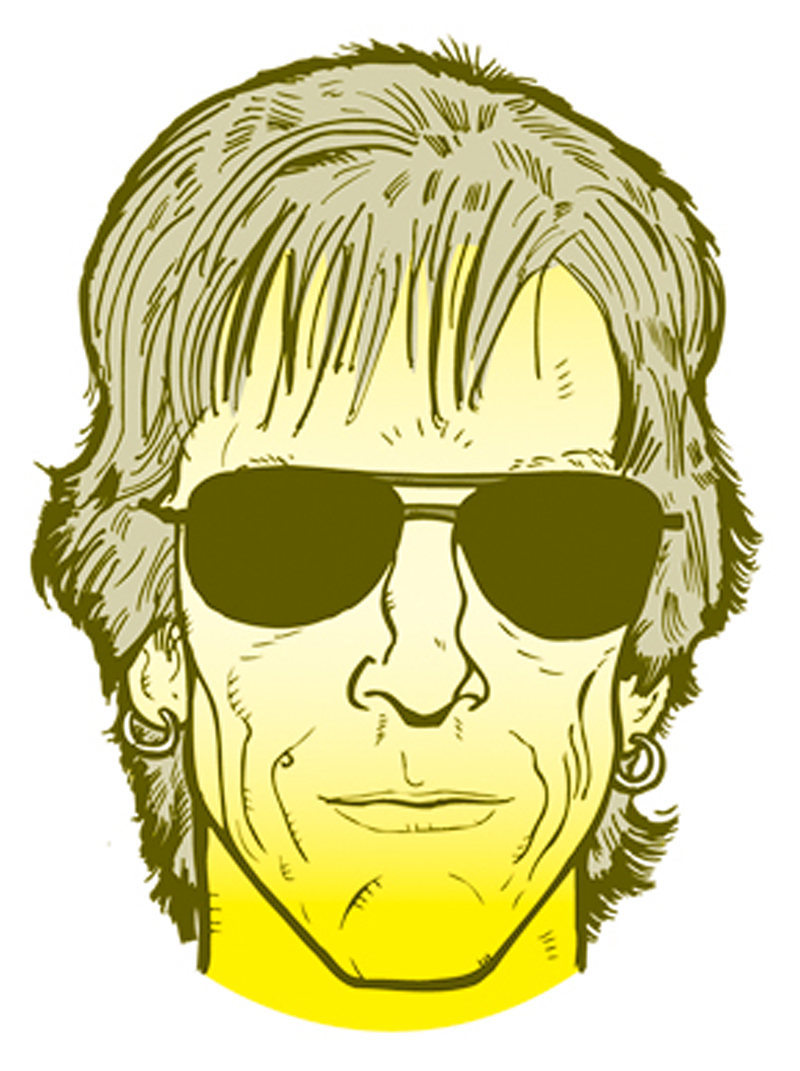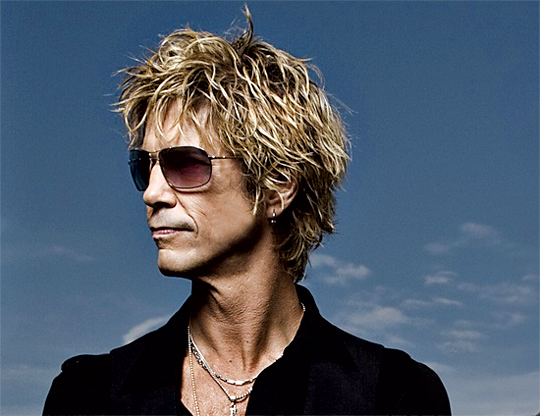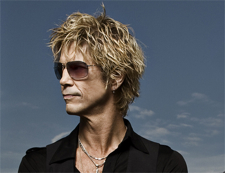Spring is in the air, acoustic instruments are being tuned, beards are being grown, and the sunglasses oft-missing in the rainy season are once again donned. Yeah, man: Folklife is right around the corner!
It may seem a far stretch for some to think that a rock dude like me would be writing about or have any idea or knowledge basis regarding this idiom of “folk” music. And, yes, I fully admit I once embodied John Belushi’s guitar-smashing “Bluto” character in Animal House. We have all come a long way since then.
Seattle has become something of an epicenter for what is cool and good with new indie-folk. Of course, Fleet Foxes and their millions of records sold did a lot for this cause. But even when that band was in their developmental stages here, a burgeoning acoustic-driven scene was making noise around town (albeit lower than some of us had grown accustomed to).
How did this happen in a town well known for loud and distorted rock? A couple of things that haven’t been talked about much:
1. Heart’s Dreamboat Annie showcased a band that took Joni Mitchell-esque acoustic music to a whole new level. Yes, folk music got its popular start here in the Northwest in the ’70s . . . with Heart!
2. A lot of loud rock bands write their songs on acoustic guitars. They are usually lying around the house, and you don’t need an amp. Hey, if a song doesn’t sound good on an acoustic guitar, you can assume it won’t sound good through loud amps, accompanied by a huge drum kit. You can’t hide a bad song.
3. Mark Lanegan’s Whiskey for the Holy Ghost, way back in 1994, became a high-water mark for this new Seattle hipster-folkie thing. Lanegan took the volume down a notch, exposing the dark underbelly of life. It was the story of a man who lived a tough life. A people story. Another word for people is, indeed, folks. Folk music.
4. Nirvana’s MTV Unplugged made it “cool” for the masses and Seattleites alike to pick up an acoustic guitar and play Bowie songs. Exploration of old-school folk music was a natural next step from there.
But, really, softer music is blossoming here in the Northwest simply because there is a paying audience that will support it. Beards, sweaters, and hollow instruments make dollars up in here. Solo artists, duos, and bands can actually survive and matriculate a career doing this type of music.
At least, that is, until polka becomes the next big thing. If that happens, I may just very well smash a tuba.







